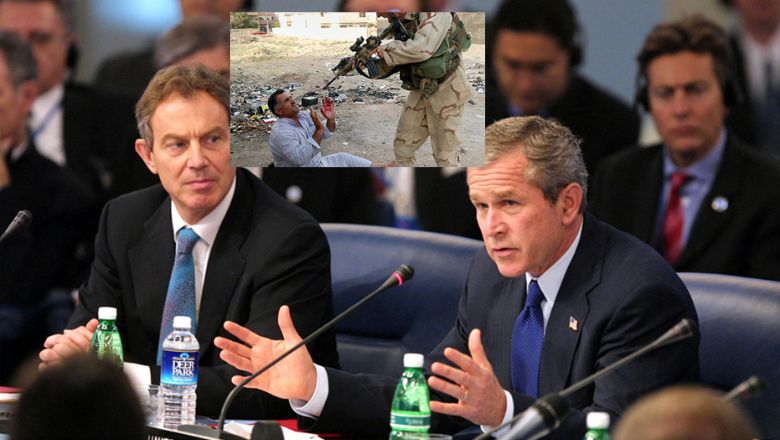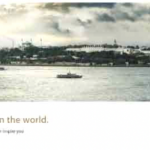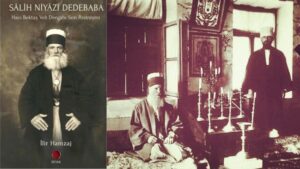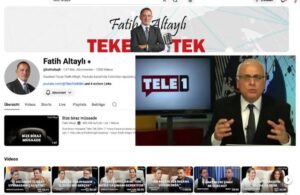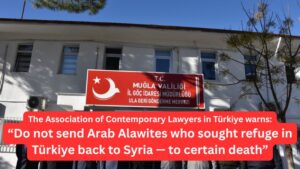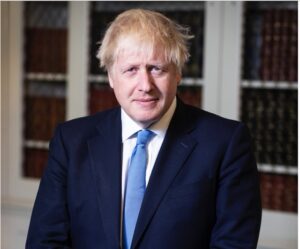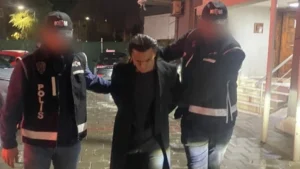Tony Blair in Gaza: The familiar ‚fox‘ returns — as a peace observer. Critics ask: how can you entrust the henhouse to the fox?
by Birol Kilic, Analysis and Observations from Vienna, 04.10.2025
It is the stated expectation of U.S. President Donald Trump that Tony Blair will assume a central role in the proposed Gaza Peace Council. Yet appointing the architect of the Iraq War to oversee a region traumatised by decades of conflict is not merely a diplomatic decision—it risks being read as a provocation against historical memory itself.
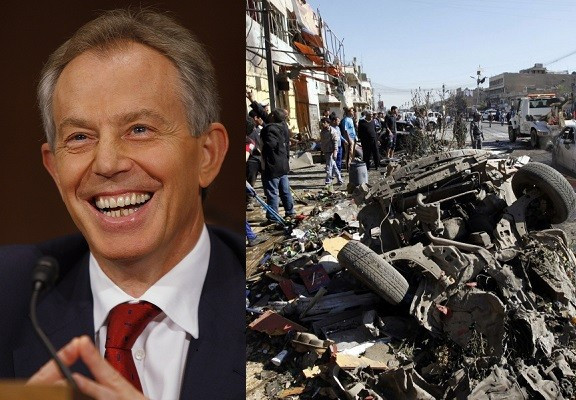
Blair’s proposed role in Gaza is not merely a political appointment—it is a direct affront to the collective memory of Middle Eastern peoples. The figure who shaped millions of lives through the falsehood of “weapons of mass destruction” is now being presented as a problem solver in one of the most wounded regions on earth. This is not peace—it is the institutionalization of mistrust.
Better mistrust than trusting an old fox with such a past and ending up bitterly disappointed. This is not rhetoric—it is an analysis grounded in documented facts.
In 2003, Blair led Britain into war based on manipulated intelligence. The invasion destabilized the region, caused hundreds of thousands of deaths, and enabled the rise of radical groups such as ISIS and Al-Nusra. Civilians continue to suffer from its consequences.
The Chilcot Commission confirmed in 2016 that Blair committed to military action before exhausting diplomatic options. No legal accountability followed—a political failure with global repercussions.
Now, the same figure is being positioned to “bring peace” to Gaza, with full backing from the Trump administration. This is not peace diplomacy—it is the institutional continuation of Western arrogance. Installing Blair in Gaza is handing the henhouse to the fox, and risking not just broken eggs, but the collapse of trust itself.
As the search for peace in the Middle East continues, Blair’s name resurfaces in a U.S.-backed transitional plan for Gaza’s administration. Talks are reportedly underway with Gulf states and the United Nations to place him at the helm. The proposal has triggered fierce criticism from Palestinian groups and international observers.
Is the criticism of Blair unfair? Let us examine the facts.
His proposed role has sparked widespread public reaction. The question “Are there no other candidates?” echoes across diplomatic and civil society circles. His responsibility for the Iraq War and the absence of legal accountability for false intelligence are being raised again. Critics argue that this appointment will not foster peace, but rather deepen mistrust.
Blair’s role in Gaza is not just a diplomatic gesture—it is a provocation against historical memory. The man who helped justify the Iraq invasion through false claims is now being presented as a mediator for a region still bearing the scars of that war. This is not peace policy—it is the normalization of distrust.
The Chilcot Report documented Blair’s failures in detail. His decisions bypassed diplomatic channels, ignored warnings, and contributed to long-term instability. The consequences are still unfolding.
Iraq War and Blair’s Responsibility
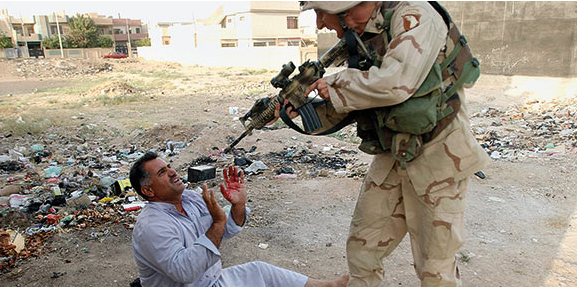
Blair’s invasion of Iraq in 2003, alongside the U.S., was based on claims of weapons of mass destruction. These claims were later found to be baseless. Blair publicly stated it was an “intelligence failure” and issued an apology.
Civilian Casualties and Academic Studies
Estimates of civilian deaths in the Iraq War vary. According to Iraq Body Count, approximately 200,000 civilian deaths have been documented since 2003.
Some academic studies estimate the number to be between 500,000 and 1 million. Research published by PLOS Medicine also accounts for indirect consequences of the war.
Serious Allegations! Here are the sources
Al-Nusra and HTS’s links to al-Qaeda – BBC
Direct ties between al-Nusra and al-Qaeda, the transition to HTS, and leadership structures are detailed.
https://www.bbc.com/news/world-middle-east-54153187
Post-Blair Iraq and regional radicalization – Chatham House
The power vacuum created by Blair’s Iraq invasion paved the way for the rise of ISIS and al-Nusra.
https://www.chathamhouse.org/2023/06/iraq-20-years-on-lessons-and-legacies
Timber Sycamore: CIA-backed arms transfers – The Guardian
U.S. weapons sent to Syrian groups ended up with al-Nusra under the Timber Sycamore program.
https://www.theguardian.com/us-news/2016/jan/05/us-arming-syrian-rebels-cia-timber-sycamore
Weapons to radical groups in Syria – U.S. Senate
Military support to al-Nusra and similar groups was debated in the U.S. Senate.
https://www.foreign.senate.gov/hearings/us-policy-toward-syria-09262023
Jihadist reorganization after al-Qaeda – EUISS
EUISS analyzes the fragmentation and reformation of jihadist groups in Syria post–al-Qaeda.
https://www.iss.europa.eu/content/jihadist-fragmentation-syria
Abu Muhammad al-Julani’s background – PBS Frontline
Ahmad al-Shara (al-Julani) and his roles in HTS and al-Nusra—designated by the U.S. as a “Global Terrorist.”
https://www.pbs.org/wgbh/frontline/article/abu-mohammad-al-jolani-hts-leader-profile
ISIS’s rise in Iraq – CNN
How ISIS gained power in post-Blair Iraq and its regional impact.
👉 https://edition.cnn.com/2014/06/12/world/meast/who-is-isis/index.html
HTS leadership and al-Qaeda ties – Bellingcat
Open-source analysis reveals HTS’s structure and its ongoing links to al-Qaeda.
https://www.bellingcat.com/news/mena/2021/03/15/hts-leadership-structure-and-al-qaeda-links
Israel and Iran on the brink – EUISS
After the 2025 war, EUISS examines the repositioning of Salafi groups and Europe’s security strategies.
https://www.iss.europa.eu/publications/briefs/israel-and-iran-brink-preventing-next-war
UN snapback sanctions on Iran – PBS NewsHour
UN sanctions over Iran’s nuclear program and their diplomatic impact on militant networks.
Iraq’s fragile stability – Chatham House
Post-Blair Iraq’s instability analyzed in the context of Iran-Israel conflict and Salafi reorganizations.
Those who advocate placing responsibility for Gaza in the hands of a figure with a clean past and a publicly recognized conscience are not merely protecting a region—they are safeguarding the memory of humanity itself. When the fox is entrusted with the henhouse, it is not the eggs that break—it is the silence. This is not a metaphor; it is a thesis grounded in historical experience.
I may be mistaken. I remain open to counterarguments. But asking this question is both a moral and analytical duty—a responsibility of conscience toward history.
We wish peace and dignity for the people of Gaza, for neighboring countries, for the region—and for the world.
As Atatürk famously stated: “Peace at home, peace in the world.” This principle remains a relevant benchmark for any genuine peace initiative.



